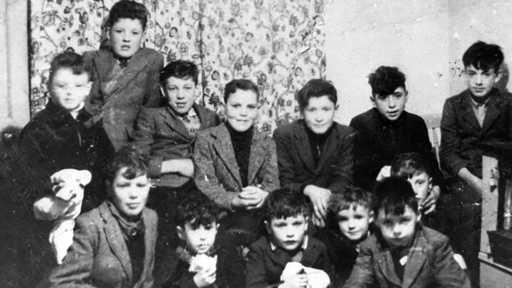OP: @[email protected]
It is a pitch-black night in a west coast village 150 years ago, the night of the 12 January: New Year according to the Julian calendar still followed by older people in the community, even though it was superseded by the more accurate Gregorian calendar a century ago.
Suddenly the silence is broken by a cacophony of shouting boys, and the pandemonium is taken up by dogs barking all over the village.
Oidhche Challain – or Oidhche Challaig or Oidhche Chullaig depending on where you are – has begun.
Gangs of boys in masks and white clothes roam from house to house. The strongest of them wears a calf- or sheepskin on his back, maybe with the horns still attached.
The gang swaggers round each house three times – in the Outer Isles, where the walls are wider, they even climb up them – then they demand entrance at the door.
But first, each boy has to recite his own rhyme. No rhyme, no admission.


